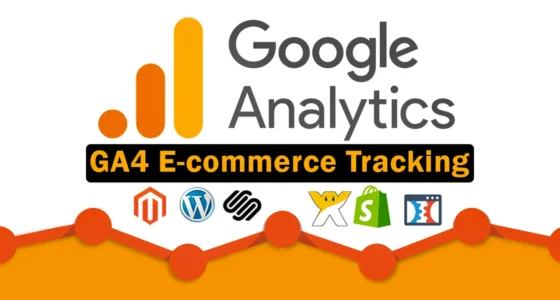The Global Quest for Responsible AI
Balancing Innovation with Ethical Standards
As artificial intelligence (AI) reshapes industries like healthcare, finance, and education, tech companies are racing to develop cutting-edge systems while addressing ethical challenges. The focus is not only on technological breakthroughs but also on ensuring transparency, fairness, and accountability. This dual pursuit reflects growing public demand for AI that aligns with human values, positioning ethical practices as a key competitive factor in building trust and societal benefit.
Transparency at the Core of Trust
Demystifying AI Decision-Making
Transparency is critical for users to understand how AI systems make decisions. Companies face pressure to reveal data sources and algorithmic processes in clear, non-technical terms. However, discussions on platforms like X reveal that industry leaders such as OpenAI, Google, and Meta often keep training data details under wraps, creating opaque “black box” models. With some AI systems boasting over a trillion parameters but disclosing less than 10% of their training processes, concerns about accountability continue to grow.
Ensuring Fairness in AI Systems
Tackling Bias for Inclusive Outcomes
Fairness in AI means eliminating biases that could discriminate based on race, gender, or economic status. Studies show that biased datasets can lead to unfair outcomes, such as hiring algorithms favoring men or lending systems denying minority applicants. Firms like IBM and Microsoft are conducting bias audits and advocating for transparent datasets, but challenges remain. Global frameworks like the EU’s AI Act and UNESCO’s AI Ethics Recommendation push for equitable AI, urging companies to prioritize unbiased decision-making.
Navigating a Patchwork of Regulations
Adapting to Diverse Global Standards
Governments worldwide are crafting rules to guide ethical AI development. The EU’s AI Act sets stringent requirements for high-risk systems, such as those used in biometric surveillance, while UNESCO’s 2021 AI Ethics Recommendation, endorsed by 194 countries, emphasizes human rights and transparency. The U.S. leans toward innovation-friendly policies, whereas China focuses on rapid deployment with state oversight. This varied regulatory landscape challenges tech firms to comply with differing standards while maintaining their competitive edge.
Corporate Strategies and Ethical Hurdles
Ethics as a Market Differentiator
Leading tech companies are adopting AI ethics policies to win public trust and strengthen their market position. IBM emphasizes transparent data practices, and Microsoft embeds ethical reviews in its development process. Yet, recent cuts to AI ethics teams at firms like Google and Twitch suggest that cost pressures can undermine these commitments. Critics warn that internal ethics boards may lack impact without enforceable policies, underscoring the need for independent oversight to ensure genuine accountability.
Building a Collaborative AI Future
Uniting for Ethical Progress
The race for ethical AI requires cooperation among tech firms, governments, and researchers to align standards and avoid a reckless “AI arms race.” Events like UNESCO’s 2025 Global Forum on AI Ethics, to be held in Thailand, aim to promote international collaboration. By prioritizing transparency, fairness, and human oversight, companies can develop AI that drives innovation while safeguarding societal values, ensuring it serves as a force for good rather than harm.









